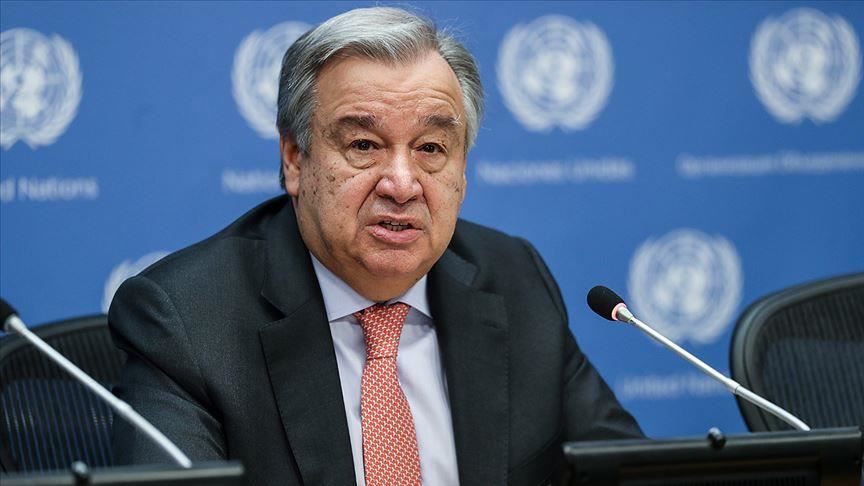By Haruna Gimba
The United Nations Secretary-General, António Guterres on Sunday called for governments worldwide to prioritize healthcare, in a call to make a “sustained political commitment” so their countries can be better prepared against future shocks, in the wake of the COVID-19 pandemic.
To accomplish this, “wealthier countries and international financial institutions need to support developing countries to make these crucial investments,” said UN Secretary-General António Guterres.
In an address to the opening of the World Health Summit in Berlin, via a video message, he began by noting how poorly prepared most of the world is, for crises.
The annual gathering is being hosted by the presidents of Germany, France and Senegal, alongside WHO Director General Tedros Adhanom Ghebreyesus.
“Women have been among the hardest hit. They are shouldering an increased burden of care, in families and as frontline workers”, he said. But at the same time, many women have lost income due to job loss, and inadequate safety nets.
He said COVID and now the food, energy and financial shocks spinning out from Russia’s invasion of Ukraine, are threatening the 17 Sustainable Development Goals, and poverty reduction efforts.
To advance the SDGs, “we must recalibrate multilateralism and strengthen global cooperation,” he added.
Too little is being invested in health and well-being and the “unbalanced global financial system is failing the developing world,” he declared.
“This must change. All people need inclusive, impartial and equitable access to health services, to deliver universal health coverage,” including neglected mental healthcare services.
Combined, good health is the foundation, for peaceful and stable societies, he said.
In his remarks at the opening ceremony, WHO chief Tedros said to fulfill the theme of “taking global health to a new level” in the year ahead, this translated into three key priorities.
First, the new pandemic accord being negotiated by countries, and for countries, was key, so the world can truly come together as one in the face of further pandemics on a par with COVID-19.
“It will not give WHO any powers to do anything without the express permission of sovereign nation States,” he reassured.
Second, a new “global architecture” is needed “that is coherent and inclusive.” The fractured COVID response made it clear that new and better tools are needed to shore it all up.
Thirdly, a new global approach must be taken which prioritises promoting health and preventing disease, not just treating the sick. Too many health systems “do not deliver healthcare, they deliver sick care,” he said.
Healthcare needs to be no longer just about one ministry or sector, but “of the whole of government, and the whole of society.”




